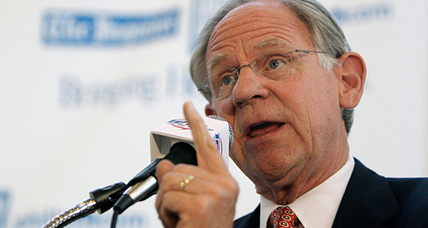Vox’s Matthew Yglesias writes about how efforts to create new bike lanes are hindered, ironically, by environmental protection laws:
“[A]t a high level the issue is that environmental impact review requirements were written with the general spirit of ‘Let’s worry about someone proposing to do something bad.’ Yet it turns out the exact same process that makes it cumbersome to do something bad also makes it cumbersome to do something good. And at a time when status quo transportation infrastructure is heavily tilted toward moving private automobiles and filling them with gasoline, that bias toward inaction can be very environmentally destructive.”
We could easily rewrite this paragraph to describe campaign finance laws:
At a high level the issue is that campaign contribution limits and government reporting requirements were written with the general spirit of “Let’s worry about bad people trying to influence politics.” Yet it turns out the exact same process that makes it cumbersome for bad actors to influence the political process also makes it cumbersome for citizens to advocate their views. And at a time when the status quo in Washington is heavily tilted towards incumbents and gridlock, that bias toward inaction can be very politically destructive.
As we’ve documented in the past, Vox is generally not a reliable source for commentary on campaign finance. But in the context of bike lanes, Yglesias appears to understand what CCP has been saying about political speech for years: when regulators place too much emphasis on impediments to bad actors, they create systems where the good guys get shut out of the political process too.














